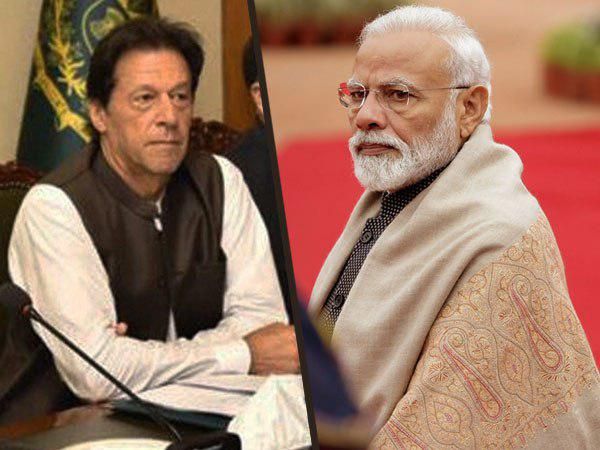India has launched a stinging counter-attack against Pakistan, after the latter’s ‘juvenile propaganda’ regarding the Ayodhya verdict that conclusively decided the 134-year old legal dispute and the bifurcation of the erstwhile state of Jammu & Kashmir into separate Union Territories of Ladakh and Jammu & Kashmir. India called it “fabricated lies and interference in India’s internal affairs”. An Indian official, speaking at the 40th UNESCO General Conference in Paris, launched an invective against the Islamic Republic of Pakistan for the unwarranted comments that Pakistan has made about the Supreme Court verdict on the Ayodhya dispute.
Exposing Pakistan’s propaganda over the Ayodhya verdict, the Indian official said, “Mr President, we take this chair to refute Pakistan’s juvenile propaganda to malign India through fabricated lies, full of deceit and deception. The judgment is about the rule of law, equal respect for all faiths, concepts that are alien to Pakistan and its ethos.” Earlier, Pakistan’s Education Minister Shafqat Mahmood had gone out of his way to criticise the Ayodhya verdict and claimed that the verdict was not in line with UNESCO’s values of religious freedom. It is strange how the Minister while representing Pakistan, a country where even the presence of minorities is abhorred, leave alone the question of giving them religious freedom, went on to make such preposterous claims about a verdict passed by the Supreme Court of India.
Responding to the Pakistani Minister, the Indian official made it clear that for India, the most important fundamental right is the right to life. Taking a dig at Pakistan, India pointed out that global terrorism is the biggest threat to the right to life. The Indian official also called Pakistan the largest producer and exporter of terrorism in the world. She said, “Pakistan’s political approaches are rooted in terrorist violence and its global engagement is defined by mainstreaming of terrorism as an instrument of statecraft.”
It is relevant to mention here that Pakistan suffered a massive meltdown after the pronouncement of the Ayodhya verdict paving the way for construction of a grand Ram Mandir at the Ram Janmabhoomi site in Ayodhya. Pakistan’s Foreign Minister Qureshi went on to allege that the Ayodhya verdict was advanced in a manner to coincide with the Kartarpur corridor inauguration and his ministry followed it up with a statement that the Ayodhya judgement had failed to uphold the demands of justice. It also called upon India to ensure the protection of lives and rights of Muslims. Pakistan President Alvi also failed to resist the temptation of interfering in India’s internal affairs and called the Supreme Court judgment on Ayodhya an “unfortunate verdict” and claimed that it will be detrimental to the secular fabric of India. It is amusing that a country which does not have a “secular fabric” and is a staunch believer of Islamism, is worried about the secular fabric of India.
Pakistani politicians neither have the intent, nor the acumen to understand the Ayodhya verdict. They are alleging that it is a threat to secularism and values of justice in India when such concepts are alien to both the Pakistani State and society. Such unwarranted remarks are therefore nothing but unsophisticated interference in India’s affairs. To make such remarks at a supranational organisation like the UNESCO is even more objectionable. India has done well by showing Pakistan its place, and also exposing its nefarious agenda at the international forum.
